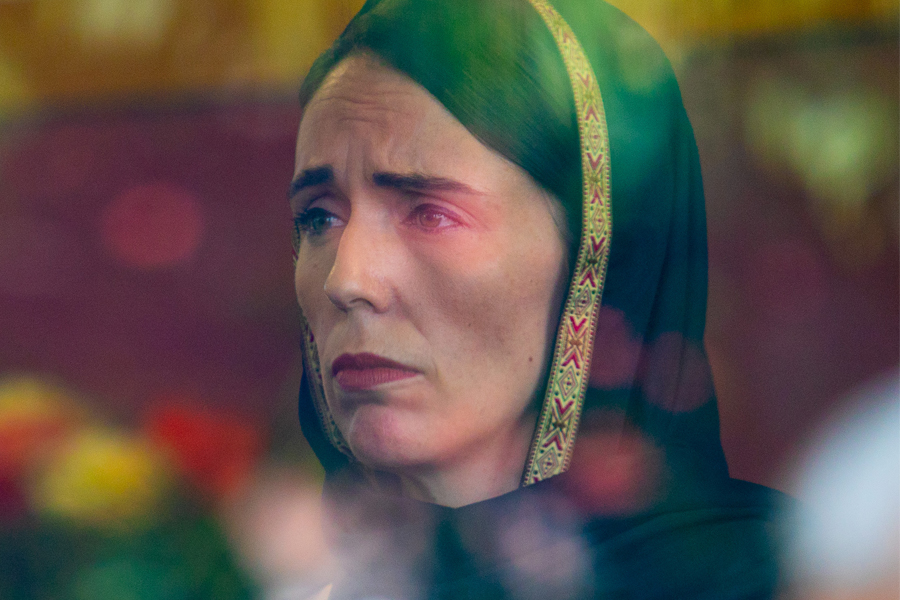A recent remark made to me by a leader got me thinking; should leaders show emotion or does it impact negatively on their message? The example given to me was of the BVA President last year, Daniella Dos Santos, and her presentations during the initial COVID-19 lockdown. This leader thought Daniella’s showing emotion (“nearly crying”) was a sign of poor leadership and not suitable behaviour for a leader at an important time.
In my opinion, this question has a lot to do with cultural and societal expectations that lead to strong gender biases and the fact that until fairly recently most leaders have been men; we expect leaders to be strong, assertive, charismatic and therefore powerful. Even Margaret Thatcher acted in a very masculine way. Heaven forbid our leaders should show empathy, vulnerability and emotion. But rather than these being chinks in armour and a sign of weakness, these are a sign of their humanity. Being a leader isn’t about being stoical; it’s about being authentic. It’s about real people sharing a real feeling in a real situation. It is powerful because through the authenticity we know they aren’t trying to hide anything. Now think of a strong female leader of our current times, New Zealand Prime Minister Jacinda Arden. When she shows emotion it does not distract from her authority and confidence in the situation. Real emotions connect and communicate powerfully.

Despite the advances in gender equality over recent decades, in many circles (business and personal), a strong woman is thought of as a ‘bitch’ or ‘manipulative’ in the exactly the same situation a man would be called ‘assertive’. I have experienced this double standard. The gender expectation is that the woman will be meek and a delicate flower is still the pervasive bias. Perhaps I shouldn’t have been surprised that the initial remark that started this article was made to me by a fellow woman. Women often judge other women harder than men thereby perpetuating this gender bias (read ‘Invisible Women’ by Caroline Criado Perez if you don’t believe me).
So what can we do? We can be aware of our own gender biases and the male default, gender education is important for both men and women and, most importantly, don’t ask your leaders for a thick skin but to be empathetic and authentic. Finally, don’t confuse the demonstration of emotions as a lack of emotional intelligence, which is a much stronger predicter of effective leadership than plain stoicism.
This is the first of my ‘short thoughts’ articles. I love researching the long form articles but they are leading to procrastination so I’m going to try spacing them out with some of these shorter form articles. Let me know what you think!


18 February 2021 at 7:45 pm
The stiff upper lip British public school boy type of leadership just doesn’t cut it any more (if it ever did). If you show no emotion and are the “Spartan” leader the. You are actually increasing the distance between you and your team. They will feel even less able to approach or talk to you. These days you need to close that gap, open up, show feeling, show you are human, to close that gap and really understand your team. If you get it right, your team will stay, if you get it wrong they’ll leave. COVID has had a real impact on how leadership is being perceived, collaborative leaders have done much better than the old fashioned “hard man” style, and when we have time to learn from this last year, Jacinta Arden and Angela Merkle will hopefully be hailed as role models.